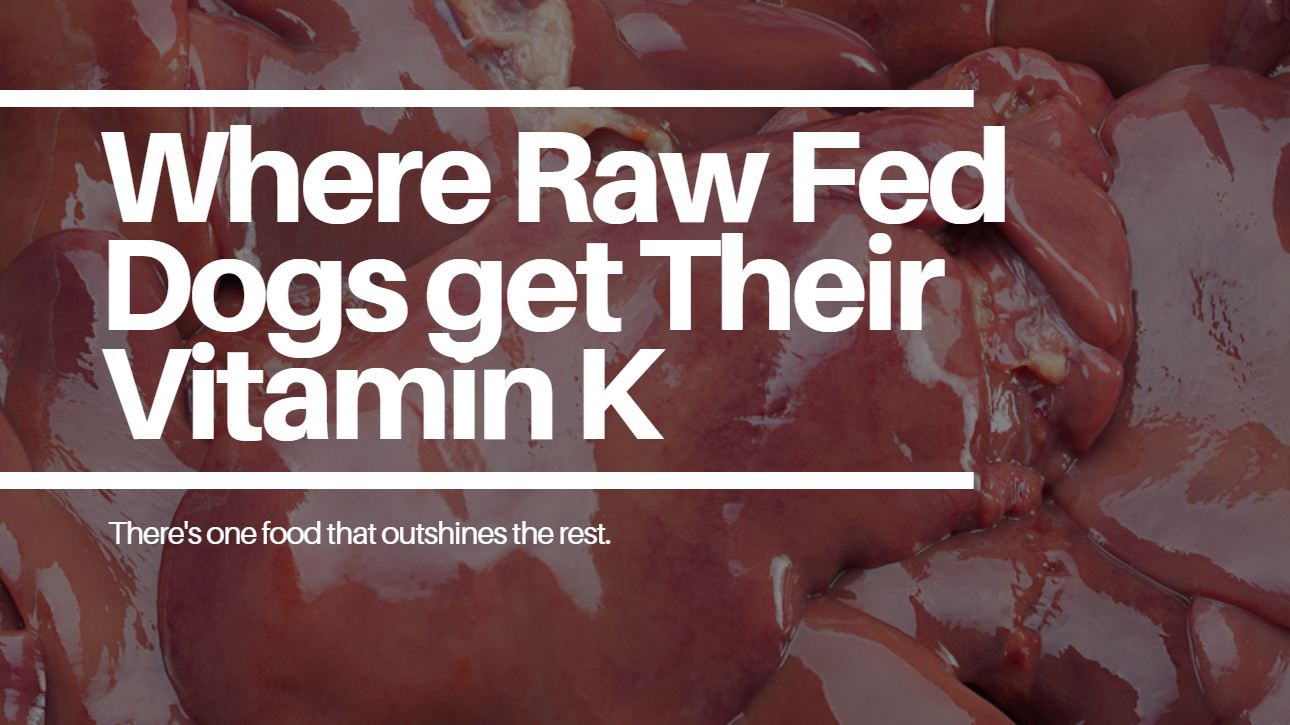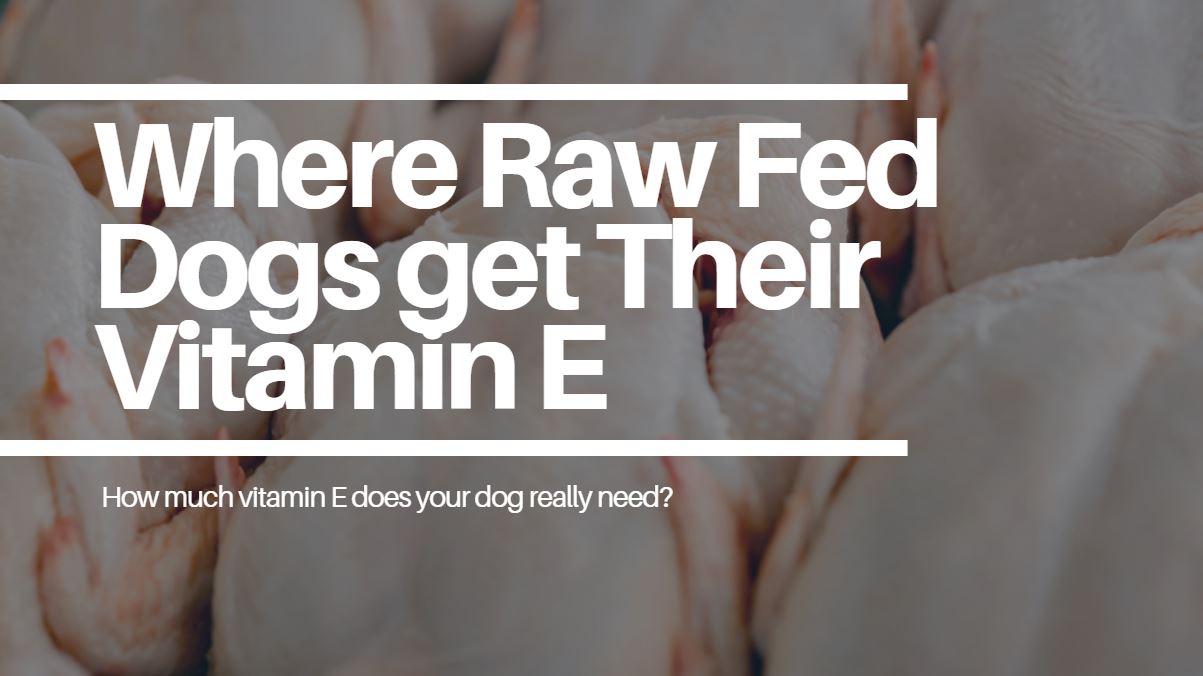[Recipe] Turkey, Fish and Guinea Fowl, Raw Dog Food Recipe
About This Meal This raw meal is higher in organ meat and fat, and low in muscle meat. Every meal should be fed as a part of a balanced raw diet of 80% muscle meat, 10% bone and 10% organ. While these percentages can vary…
![[Recipe] Turkey, Fish and Guinea Fowl, Raw Dog Food Recipe](https://whitneyliving.com/wp-content/uploads/2019/01/RawFedDog01.jpg)
![[Recipe] Goose, Duck and Quail, Raw Dog Food Recipe](https://whitneyliving.com/wp-content/themes/kale-pro/sample/images/thumb2.jpg)

